DENVER – Today, Colorado advocates for conservation, public health, consumers, and workers applauded Governor Jared Polis for signing into law HB 19-1261, the Climate Action Plan to Reduce Carbon Pollution, and six other bills that put Colorado on a path of bold climate action.
HB 19-1261 establishes science-based greenhouse gas reduction targets, putting Colorado on a path to reduce harmful climate-changing emissions at least 26 percent by 2025, 50 percent by 2030, and 90 percent by 2050, as compared to 2005 levels. The bill requires the state’s Air Quality Control Commission to develop cost-effective regulations to meet the targets and directs the Commission to solicit input from a variety of stakeholders, including workers and communities that are currently economically dependent on industries with high levels of carbon pollution.
“The Climate Action Plan ensures that, once again, Colorado is a national leader in the fight against climate change,” said Kelly Nordini, Executive Director of Conservation Colorado. “Thanks to the bold leadership of our pro-conservation trifecta, we now have economy-wide targets for reducing carbon pollution — targets that are critical for cleaning up our air, protecting our health, and preserving our Colorado way of life.”
“Coloradans have been calling on our elected leaders to take meaningful action on climate change, and this legislation is a critical step,” said Jon Goldin-Dubois, President of Western Resource Advocates. “The greenhouse gas pollution reduction goals included in the Climate Action Plan will lead to cleaner air, improved public health, and a healthier climate for this and future generations. Our window to take action is small and shrinking, and we applaud Colorado lawmakers for their leadership on this critical bill.”
“Coloradans love our public lands, but as the seventh fastest warming state we’re already facing the impacts of a warming climate which threaten our way of life and our $62 billion outdoor recreation economy,” said Jim Ramey, Colorado State Director at The Wilderness Society. “What’s important now is that we work with the Air Quality Control Commission to achieve the goals set by this legislation so that present and future generations can continue to enjoy our public lands, drink clean water and breathe clean air.”
“Frontline communities disproportionately bear the burden of environmental injustice and climate change and need to be at the center of Colorado’s climate solutions,” said Adrienne Dorsey, Executive Director of GRID Alternatives Colorado. “By signing an equitable Climate Action Plan, Governor Polis is making the benefits of clean energy accessible to Colorado’s underserved communities: reduced air pollution, savings on electricity bills, and access to jobs in our state’s growing clean energy economy.”
“Young people are at the forefront of the movements against climate change,” said Charley Olena, Advocacy Director for New Era Colorado. “We have tens of thousands of young voters across this state every year, and in every corner of Colorado, climate change looms large in the minds of these voters. HB 1261 is exactly the kind of bold action on climate that young voters called for when they turned out in droves in 2018. We’re thrilled with the end result and look forward to engaging in the rulemaking process moving forward.”
“Coloradans have been waiting for climate leadership, and the leaders that Coloradans sent to the Capitol delivered on their promises to take action,” said Jim Alexee, Director of the Colorado Sierra Club. “The legislation passed in the 2019 legislative session sets Colorado on a path to reach Governor Polis’ goal of powering our state with 100% renewable energy. The Colorado Sierra Club supported legislation that moves us forward by supporting energy industry workers, meeting the demands of electricity customers, and cutting pollution so our kids and grandkids can enjoy Colorado for generations to come.”
“We applaud Governor Polis for signing HB19-1261. A crisis such as climate change requires deliberate, bold action—and Colorado has just shown the country what that looks like,” said Carlos Fernandez, State Director for The Nature Conservancy in Colorado. “House Bill 19-1261 is a major victory for our state and our future.”
“Protect Our Winters commends Governor Polis for working with the legislature to sign strong climate goals into law. This bill is immensely important for the future of snowsports and outdoor recreation in our state, which pumps $28 billion into Colorado’s economy annually and suffers in the face of climate impacts, from a diminishing snowpack to increasing wildfires,” said Lindsay Bourgoine, Director of Policy & Advocacy for Protect Our Winters. “We are proud our governor recognizes these detrimental impacts to our industry and our community and his response is bold climate action.”
“Colorado’s economic future depends on our ability to tackle the issue of climate change. Agriculture, tourism, outdoor recreation, and many other industries are in danger of being irreparably harmed unless we act now,” said Carol Hedges, Executive Director of the Colorado Fiscal Institute. “Thank you to lawmakers and the governor for taking steps to ensure future generations will be able to enjoy the things that make Colorado an awesome place to live, work, and play.”
“Climate change, according to the American Public Health Association, is ‘the greatest threat to public health today,’” said Kate Stigberg, Director, Healthy Air and Water Colorado. “We want to commend Governor Polis for signing House Bill 1261, the Climate Action Plan, today. This is a huge step forward to ensure we can create a healthier future for Coloradans today and for generations to come.”
“Thank you, Governor Polis, for taking leadership on climate,” said Ning Mosberger-Tang of the Indivisible Legislative Table. “Coloradans have already experienced numerous extreme weather events in the past few years. Climate change is happening right now and it’s already affecting all of us. We need to protect our climate and our future while growing the economy and addressing environmental justice issues at the same time. By signing HB-1261 into law, we’re taking a giant step forward.”
“Thank you, Governor Polis, for understanding the connection between the climate crisis and the impact it has on our children’s health and our environment,” said Christine Berg, Colorado Field Consultant for Moms Clean Air Force. “It is imperative that states and local governments step forward with solutions, and Colorado is leading the way. We are grateful for the Governor’s vision and leadership.”
“Transition is never easy. The economic and technological transition necessary to keep climate change within the limits a consensus of scientists tell us is necessary to avoid unimaginable consequences will indeed be challenging,” said Ken Jacobs, Impact Investors and Chair of the Good Business Colorado Sustainable Environment Working Group. “The good news is that Coloradans have the expertise and resources to accomplish the ambitious goals set forth in this bill. Passage of this bill, and subsequent action by the AQCC will unleash a torrent of enterprises and productive business activity in the coming years. Accordingly, Good Business Colorado strongly supports HB 1261 Climate Action Plan To Reduce Pollution.”

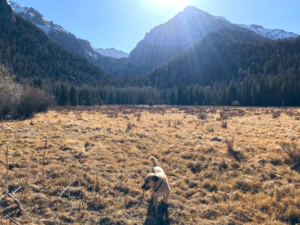
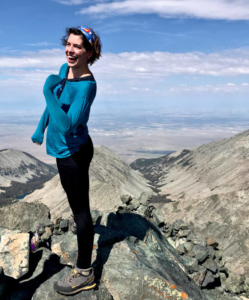
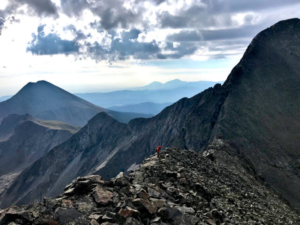
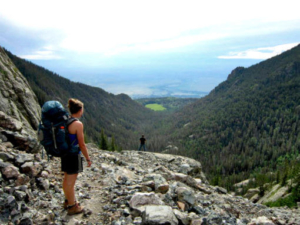
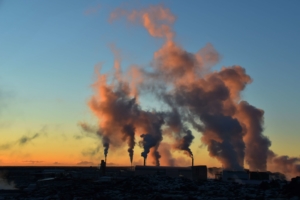
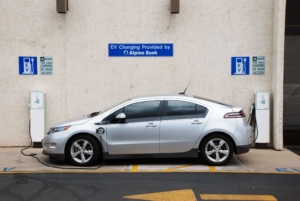
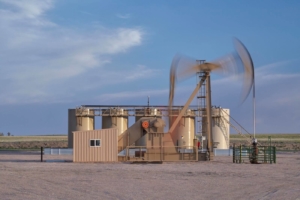
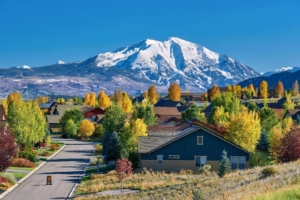
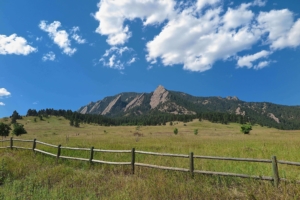
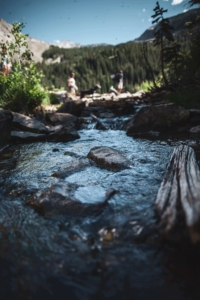 These victories would not have been possible without you! Thousands of Conservation Colorado members across the state took action this legislative session to ensure a healthy Colorado for years to come.
These victories would not have been possible without you! Thousands of Conservation Colorado members across the state took action this legislative session to ensure a healthy Colorado for years to come.

